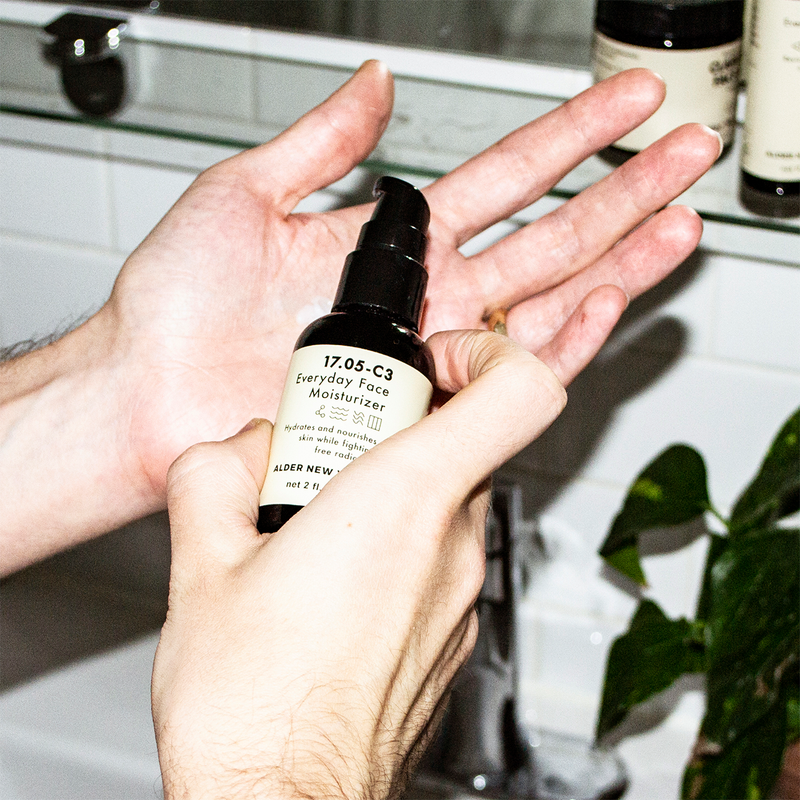Reading Time: 2 minutes
Veganism has long been a topic in the world of food politics. In terms of diets, it makes sense: no meat, no dairy, no eggs. Simple enough. But in the context of beauty, the idea of going vegan can be confusing, to say the least.
Animal products? In our skincare? It’s more common than you might think.
Take a look at your favorite skincare product, for instance. If you spot honey, beeswax, squalene, or cetyl alcohol anywhere on the list, consider it out of bounds. Anything animal-derived is ruled out of the vegan profile. It sounds like plenty of work, especially if you’re just trying to figure out which serum or moisturizer to drop cash on. Which begs the question, why go vegan in the first place?
The Vegan Difference
Committing to a vegan skincare diet offers benefits for animals, the environment, and ourselves. Instead of taking from animal products or by-products, vegan skincare derives ingredients from alternative sources—think plants, minerals, and skin-safe synthetic materials. This creates a safer environment for animals while eliminating the need for additives that go hand-in-hand with animal-derived ingredients. Most of the time, natural and plant-derived is synonymous with vitamin and antioxidant-rich.
Cruelty-free vs. Vegan
Cruelty-free and vegan products might sound like they belong in the same grocery aisle, but they aren’t exactly the same thing. The difference: Cruelty-free means that the product was developed without animal testing while being vegan has nothing to do with the testing process.
There are often overlaps, but not all cruelty-free products are vegan, and not all vegan products are cruelty-free.
Spotting (and Shopping) Vegan Skincare
If you’re looking to commit to vegan beauty, remember that labels are your friend. While there is no single official agency that approves vegan products, there are a few certifying labels you can look out for. Leaves or a squiggly sunflower—often shaped in a “V”—are common examples. If you don’t spot the label or see vegan claims in the product description, take a trip down the ingredient list.
Ingredients like gelatin (from animal bones), lanolin (from sheep wool), glycerin, and squalene (from animal fat) do not pass the vegan litmus test. Instead, opt for products that use substitutes like seaweed or agar, shea butter, or plant-derived squalane.
One brand at the forefront of the vegan beauty movement is Alder, a queer and woman-owned skincare company. Alder takes the guesswork out of skincare shopping with plant-powered, derm-approved formulas. Some favorites include Alder New York’s Everyday Face Cleanser, Serum and Moisturizer, which gently hydrate, plump, and protect.
Faace also prides itself on its vegan ethos. Their products were created to bring simplicity and good choices back into the overly complicated world of skincare—and this mission shows through in their choice of ingredients. Faace’s mask trio (rebalancing Period Faace, detoxifying Sweaty Faace, and brightening Tired Faace) ticks all the boxes: cruelty-free, organically formulated, and 100% vegan.







